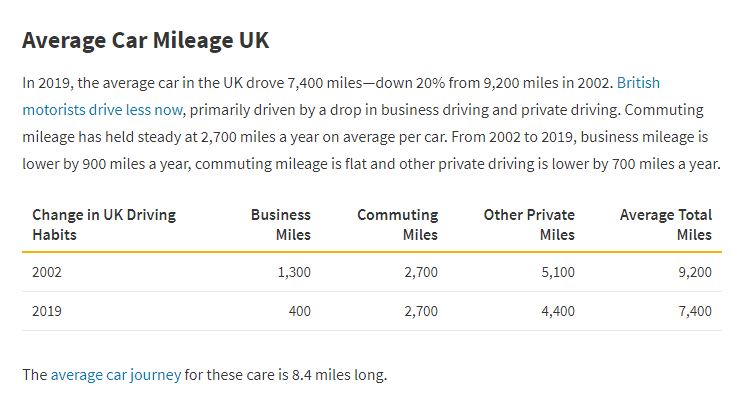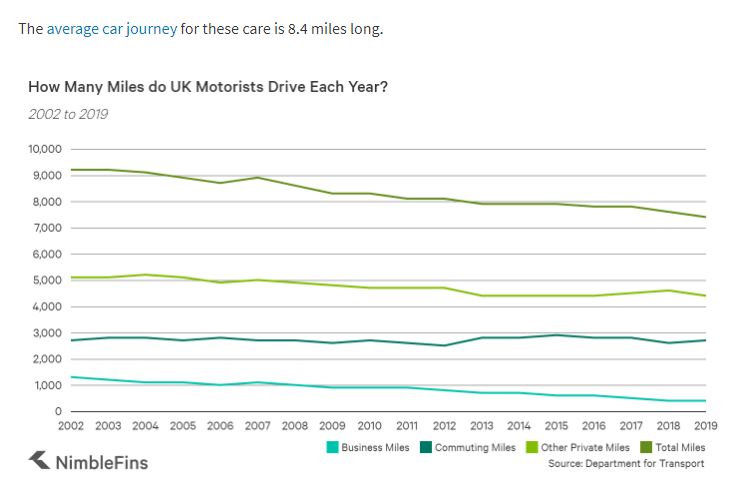Sigh - how about reading the thread first?
As has been mentioned many times already - over 85% of people never going to travel more in one day than the typical range of modern electric cars. So as long as they can work out a way to charge at home, at work or hypothetically by the car self-driving to a charging point overnight, then that >85% of people are never going to need a "garage" trip at all. Admittedly not all of them will be able to do that, but a very large majority will.
So then the people who need to drive >200 miles in a day have a choice just within EVs- buy a longer range EV (eg there's now
mainstream models with listed ranges of 336 miles - even if you knock 20% off that in the real world, it's still 270 miles) or coordinate charging with the breaks that you are surely taking on drives of 4+ hours given that current technology can give you 80% top up in 30-40 minutes - and how many people drive more than 400 miles in a day? That's the distance from London to Edinburgh.
Or that person can choose a different technology such as hydrogen fuel cells. Which are ~3x less energy efficient than EVs, and lack the economies of scale that EVs have, so will always be far more expensive. They will have a role, but they will be the equivalent of using LPG rather than natural gas for home heating/cooking - you only use the more expensive option if you really, really have to.
EVs are far far further along that curve than hydrogen - as I've mentioned several times, a member of my family leased a Leaf purely because the numbers stacked up versus a petrol car. For the vasy majority of people they're good enough from a technical point of view - things like battery life are just not really relevant any more.
Latest data we have for
UK electricity is Q2 2020, when it was 44.6% renewable, 17.6% nuclear, 34.4% and 3.4% other (including 0.5% coal). Way less emissions than lots of little petrol and diesel engines. And as mentioned above, you'll get 2-3 times the emissions powering hydrogen cars versus electrics.



































![BREWING THERMOMETER STICKERS ACCURATELY MONITOR FERMENTING BEER & WINE LIQUID TEMPERATURES 5PCS HOME BREW SPIRITS WINE LCD ADHESIVE [US]](https://m.media-amazon.com/images/I/311DDjo2X3L._SL500_.jpg)







